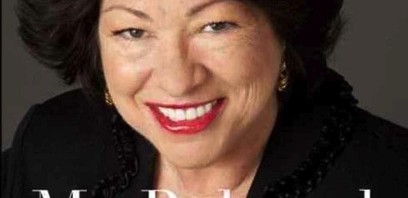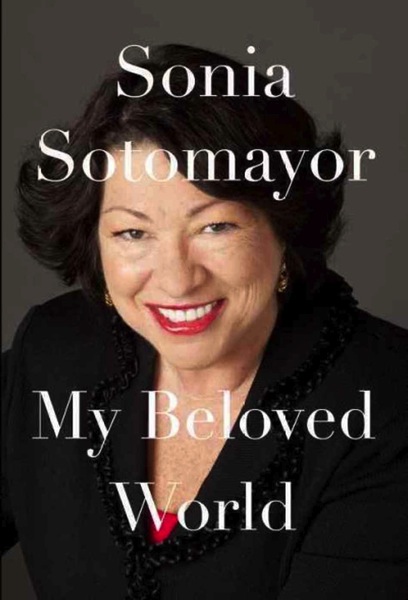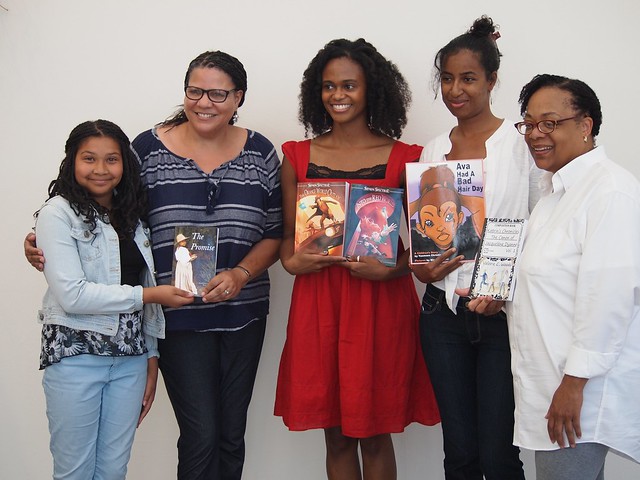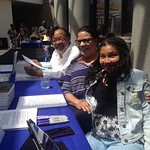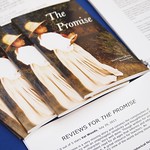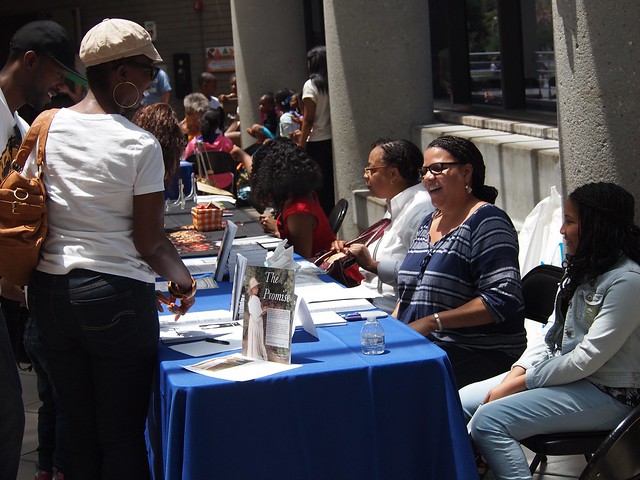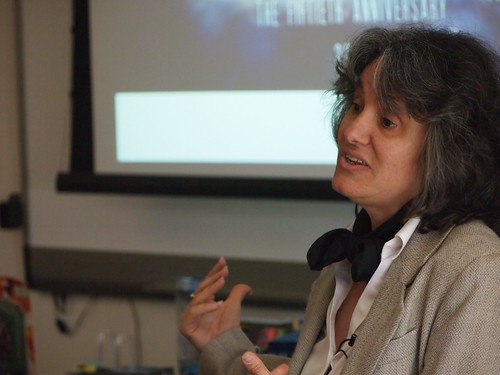Summer is my reading time, always has been. Whole books get swallowed in a day or two only to be followed by other whole books. Sometimes they are classics I’ve always meant to get to but most often they are books that I find mentioned in articles I read and the mention makes me realize I missed the book the first go round. So I trot on over to my library’s website and put the book on hold. The most current literary gem I’ve discovered is My Beloved World by Supreme Court Justice Sonia Sotomayor. She says she wrote it with the help of a poet friend and the lushness of the language attests to that truth. But what I liked best about the book was her relentless positivity in the face of some sad things that happened to her. Rather than wallow in the sadness, as some memoirs do (Frank McCourt in Angela’s Ashes comes to mind here) Sotomayor uses every sad experience to highlight a lesson she learned and almost immediately put into practice with positive results. The poet’s assistance also shines through on the narrative structure of the individual chapters – they often start with the most interesting piece of dialogue en media res – and then backtrack to explain how she found herself in that moment, making us active participants in the teachable moment.
“What I liked best about the book was her relentless positivity in the face of some sad things that happened to her.”
The other thing I loved about the book is the fact that she vividly recalls the moment she discovered the career she ultimately created – and she credits television for bringing it to her. I’ve often cringed when people told me that old saw about how TV rots our brains. Yeah, sure, I usually say. If you watch a dizzying dose of reality nonsense from capitalistic Kardashians to racist roommates on Big Brother, it rots your brain and wastes hours of your life better spent loving other people (in all ways that word can be understood). But if you actively watch decent stuff studies show you can learn empathy for others as you worry about your favorite characters and wonder how you would behave in similarly difficult situations. But in Sotomayor’s case TV did the other thing it deserves credit for doing. It introduced an impoverished child to the larger world that existed and gave her the goal of achieving entrance into that world through the only doorway offered her – education. Sotomayor discusses watching Perry Mason and realizing that, though the brilliant lawyer was the star of the show, the real power in the courtroom was held in the hands of the judge who told that brilliant lawyer whether or not he won.
The other things Sotomayor does that are refreshing and eye-opening is she frankly discusses the fact that being a single, career-minded, successful woman in the world today can be enough if you nurture a set of deep friends supporting them in their endeavors. Her discussion of how much fun it is to be an aunt brought a smile to my face for all the single women I know. Secondly, she mentioned an assignment given to her in one of her early history classes at Princeton – to do a family history – and how finally asking her mother how she and her father met taught her to see that everyone has difficulties and those should not define a person. Rather, one should be defined by the way they face those difficulties.
Finally, Sotomayor’s memoir puts a face on an experience I read more deeply about in another book I always recommend to my first year college students – Limbo: Blue Collar Roots, White Collar World – the experience of being the first in your family to attend college. The idea that she didn’t know the Ivy League was any more difficult to get into than other colleges so she submitted applications to Harvard and Yale and Princeton, was accepted by all and finally settled on Princeton. Then that her first generation naivete made her originally toss out an invite into Phi Beta Kappa because it sounded like an excuse to sell her a pin for precious money she wasn’t in the habit of wasting. Those are still real experiences for many first generation students and worth seeing come to life in her life.
In many ways her look at the childhood of a Puerto Rican immigrant family in the 1960s was eerily familiar with the Irish immigrant stories from the 1900s from one of my favorite childhood classics – A Tree Grows in Brooklyn. I can’t say when I’ve enjoyed a memoir more.
